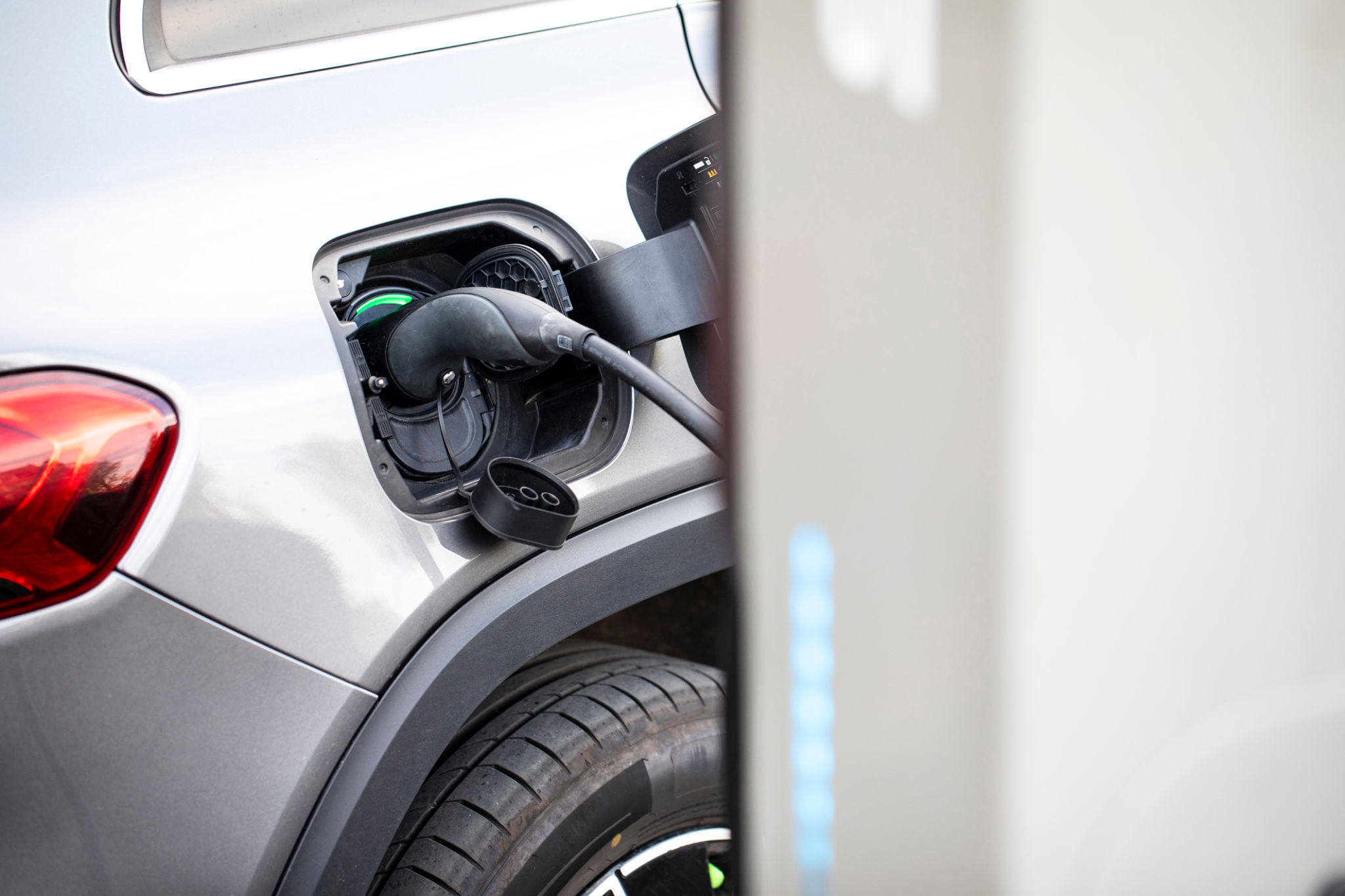Innovative Green AI Projects Transforming Paris
Introduction to Green AI Initiatives in Paris
Paris, the City of Light, is not only renowned for its history and culture but is also making significant strides in sustainability and innovation. In recent years, the city has embraced green AI projects to tackle environmental challenges, aiming to enhance urban living while reducing ecological footprints. These innovative projects are transforming the way Parisians interact with their environment, making the capital a beacon of eco-friendly technology.

AI-Powered Urban Farming
One of the most exciting advancements in Paris is the integration of AI technology in urban farming. The city has implemented smart greenhouses that use AI to monitor and optimize conditions for plant growth. These systems analyze data from sensors to adjust temperature, humidity, and lighting, ensuring optimal growth conditions while conserving energy and resources. This not only boosts local food production but also reduces the dependency on imported goods, decreasing carbon emissions associated with transportation.
Moreover, AI systems help in predicting crop yields and managing resources more efficiently. By using machine learning algorithms, these greenhouses can anticipate weather patterns and adjust operations accordingly, minimizing waste and maximizing output.
Smart Waste Management Solutions
Managing waste effectively is a critical challenge for any major city, and Paris is no exception. To address this, the city has adopted AI-driven smart waste management solutions. These systems use sensors placed in garbage bins to monitor waste levels in real time. When a bin reaches capacity, it automatically sends alerts to collection services, optimizing collection routes and reducing unnecessary trips.

This intelligent approach not only improves efficiency but also contributes to a cleaner urban environment. By minimizing fuel consumption and emissions from waste collection vehicles, Paris is reducing its carbon footprint and enhancing the quality of life for its residents.
AI in Energy Conservation
Paris is leveraging AI to revolutionize energy consumption across the city. Through smart grids and AI-powered energy management systems, the city can monitor and control energy use in real time. These systems analyze consumption patterns and provide insights into optimizing energy use, leading to significant savings and reduced environmental impact.
A key component of this initiative is the use of AI algorithms to predict peak energy demand times and manage power distribution accordingly. This helps in balancing the load on the city's power grid, preventing outages and promoting efficient energy use.

Enhancing Public Transport with AI
Public transport in Paris is undergoing a green transformation with the help of AI technologies. The city is implementing AI systems to optimize bus and train schedules, ensuring that services run more efficiently and punctually. Additionally, AI is being used to analyze commuter patterns and improve route planning, making public transport a more attractive alternative to private vehicles.
These improvements not only enhance the commuter experience but also contribute to reducing traffic congestion and emissions. By making public transport more reliable and efficient, Paris is encouraging more residents to use eco-friendly travel options.
Conclusion
Paris is at the forefront of integrating AI technology into green projects, setting an exemplary standard for other cities worldwide. By embracing these innovations, Paris not only preserves its rich heritage but also paves the way for a sustainable future. As these projects continue to develop and evolve, they hold the promise of transforming urban landscapes into greener, smarter environments that can thrive for generations to come.